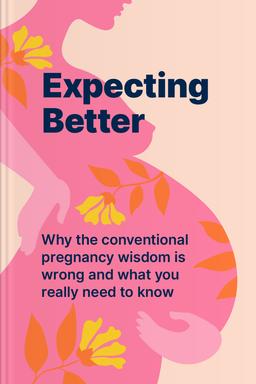What is Naked Statistics about?
This engaging book demystifies statistics, presenting complex concepts in a relatable way. Through anecdotes and real-world examples, it reveals the power and utility of data in everyday life. Readers will learn to think critically about numbers and uncover the truth behind them, making statistics accessible and enjoyable. Emphasizing practical applications, it strips away the fear often associated with data, empowering readers to interpret the world through a statistical lens.
Who should read Naked Statistics
- Students seeking to understand statistics intuitively.
- Professionals needing data analysis for decision-making.
- General readers interested in demystifying statistics.
What is Everybody Lies about?
This thought-provoking exploration delves into how big data reveals our true thoughts and behaviors, often contrasting sharply with social norms and self-reported data. By analyzing online searches and digital footprints, the author unveils surprising insights about human nature, revealing dark truths about our desires and prejudices. The book challenges conventional wisdom, illustrating how the internet serves as a unique lens through which to understand society's hidden secrets.
Who should read Everybody Lies
- Data scientists seeking insights from big data.
- Marketers wanting to understand consumer behavior online.
- Psychology enthusiasts curious about human truthfulness.
What is Cribsheet about?
This insightful guide uses data and research to provide evidence-based parenting advice for the early years of a child's life. By addressing common challenges and decisions, it empowers parents to make informed choices that suit their family's needs. With a focus on relaxation and balance, the book aims to reduce anxiety and promote a confident parenting approach from birth through preschool.
Who should read Cribsheet
- New parents seeking data-driven parenting advice.
- Parents of toddlers looking for evidence-based strategies.
- Expecting parents wanting a research-backed approach to childcare.
What is Calling Bullshit about?
This book explores the pervasive nature of misinformation in our data-driven society, equipping readers with critical thinking tools to discern fact from falsehood. By blending scientific principles with real-world examples, it teaches how to identify and counter bullshit, promoting a more informed and skeptical approach to the information we encounter daily.
Who should read Calling Bullshit
- Critical thinkers and skeptics looking for analytical skills.
- Students studying data science and critical reasoning techniques.
- Professionals navigating misinformation in today’s information age.
What is Expecting Better about?
This insightful guide challenges traditional pregnancy advice using data-driven analysis. The author explores various aspects of pregnancy, debunking common myths and misconceptions while empowering expectant parents with evidence-based information. From dietary recommendations to labor practices, the book encourages a more rational, personalized approach to pregnancy, enabling readers to make informed choices that suit their unique circumstances.
Who should read Expecting Better
- Pregnant women seeking evidence-based information.
- Expecting parents wanting to challenge pregnancy myths.
- Health professionals interested in modern pregnancy research.




